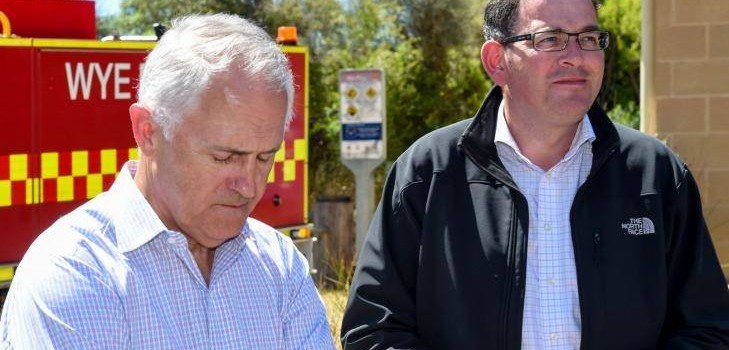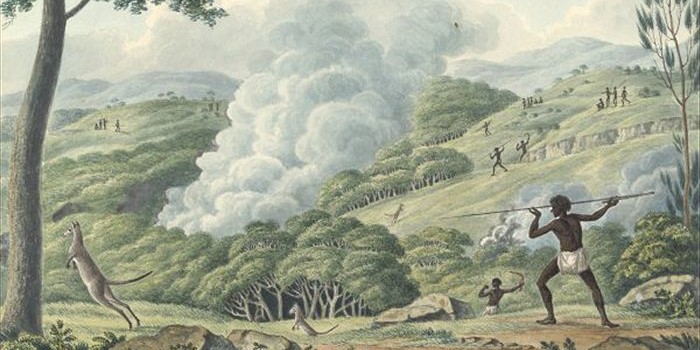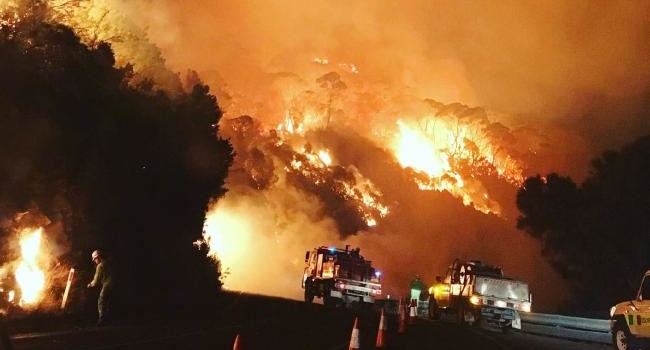The lightning strike that initiated the Lorne evacuation was a routine event.
Such fires once were extinguished by teams of local fire fighters. Victoria’s former Chief Forest Fire Officer Rod Incoll recently detailed how the job was done when he worked in the Otways adjacent to Lorne and the destroyed township of Wye River.
Back in the day, Rod’s crews would “hold” the fire with a rigorous first attack enlisting backup from other forest districts and bulldozers.
They would expect to control the fire within two or three days, and they would do so on a relatively small budget when compared with the avalanche of money that builds and expands bureaucratic empires while simultaneously, and perversely, worsening bushfire danger.




